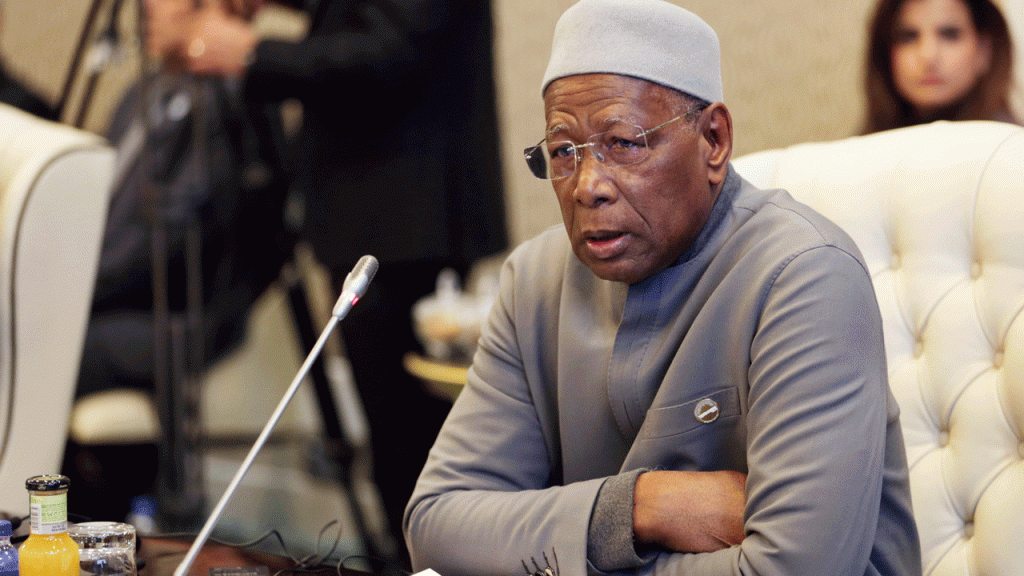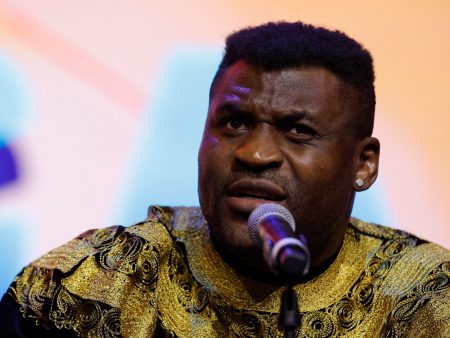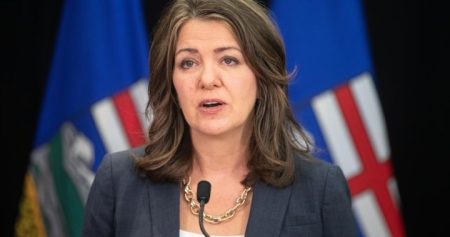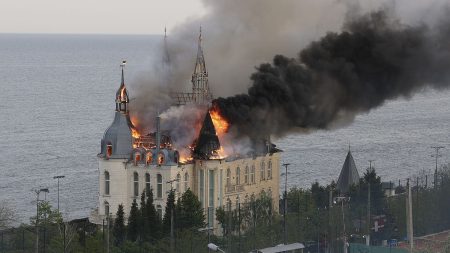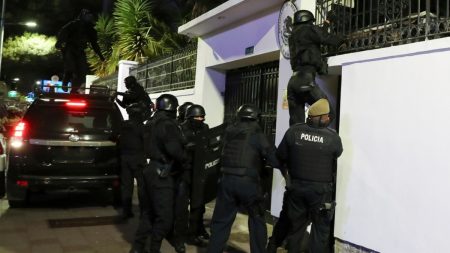The U.N. envoy for Libya, Abdoulaye Bathily, resigned after 18 months in the role due to the failure of Libyan political actors to resolve contested issues and form a unified government for long-delayed elections. Bathily criticized the feuding parties and their foreign backers for their lack of progress, which has led to stubborn resistance and indifference to the interests of the Libyan people. He warned that Libya has become a playground for regional and international actors with conflicting interests, which could further destabilize the region.
The ongoing political crisis in Libya began after the failure to hold elections on December 24, 2021, and the refusal of Prime Minister Abdul Hamid Dbeibah to step down. Rival administrations in the east and west of the country, led by different political figures like Fathy Bashagha and military commander Khalifa Hifter, have created a fragmented government structure. Foreign countries such as Egypt, the United Arab Emirates, Russia, Turkey, Qatar, and Italy have supported different factions, leading to further complications.
Libya’s strategic location on the Mediterranean has made it a major route for African migrants and human smugglers trying to reach Europe. The political chaos in the country has also allowed extremist groups like the Islamic State to gain a foothold. Despite some militants being imprisoned, they remain a threat, particularly from Libya’s borders. Bathily highlighted the need for political will and good faith among Libyan actors to overcome the current stalemate.
Bathily criticized unilateral, parallel, and uncoordinated initiatives by some political players, which have disrupted the U.N.-led process to form a unified government in Libya. He called on the international community, especially the Security Council, to demonstrate unity and compel Libyan and regional stakeholders to support the U.N.’s efforts. The council has a moral responsibility to end the crisis by allowing the Libyan people to chart a new course through elections and rebuild the country without external intervention.
Bathily emphasized that the unity of the international community is crucial for resolving the Libya crisis, as peace and stability in the country are essential for the wider region’s security. He urged renewed and coordinated commitment among regional and international actors to support the U.N.’s efforts towards political dialogue and elections in Libya. Bathily emphasized that Libya has the resources to be prosperous, stable, and peaceful without interference from external actors, emphasizing the importance of the country’s sovereignty and self-determination.
The situation in Libya has deteriorated due to a lack of political will among the major Libyan actors and the scramble for Libya’s territory by foreign actors and armed groups. Bathily highlighted the need for a unified international approach to address the crisis in Libya, urging the Security Council to play a more active role in compelling stakeholders to support the U.N.’s efforts. He emphasized that the Libyan people deserve the opportunity to determine their future through elections and rebuild their country without external interference, stressing the importance of stability in Libya for the wider region.





